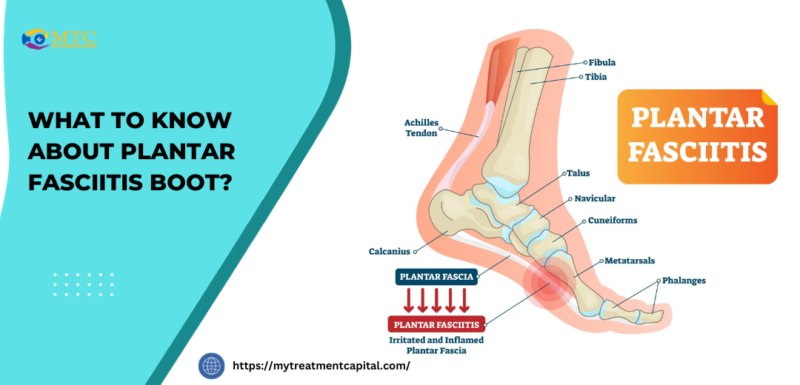Understanding TMJ Disorders
Temporomandibular joint (TMJ) disorders affect the joints and muscles that connect the jaw to the skull. These disorders can lead to significant discomfort and pain, impacting daily activities such as eating, speaking, and even sleeping. TMJ disorders are often associated with jaw pain, headaches, and difficulty in moving the jaw. While various factors contribute to TMJ disorders, stress is a significant and often overlooked factor.
How Stress Contributes to TMJ Disorders
Stress is a common part of modern life, but its impact on physical health is profound. When experiencing stress, the body often reacts in ways that can exacerbate TMJ disorders. One of the primary ways stress affects TMJ is through muscle tension. Stress causes the muscles in the face and jaw to tighten, leading to increased pressure on the temporomandibular joint. Over time, this tension can result in inflammation, pain, and dysfunction of the jaw.
Another way stress influences TMJ is through teeth grinding and clenching, known as bruxism. Many people grind or clench their teeth unconsciously, especially during sleep. This habit can wear down the teeth, strain the jaw muscles, and put excessive pressure on the TMJ, leading to or worsening existing TMJ disorders.
The Connection Between TMJ and Jaw Pain
Jaw pain is one of the most common symptoms of TMJ disorders. This pain can range from a dull ache to sharp, debilitating discomfort. Stress-induced muscle tension often manifests as jaw pain, making it crucial to address both the physical and psychological aspects of TMJ management. The pain can be persistent and may radiate to other areas such as the neck, shoulders, and ears, significantly impacting a person’s quality of life.
Differentiating TMJ Disorders from Oral Cancer
It’s important to differentiate TMJ disorders from other serious conditions such as oral cancer. While both conditions can cause jaw pain, they have distinct differences. TMJ disorders are primarily related to the mechanics and function of the jaw joint and muscles, whereas oral cancer involves the abnormal growth of cells in the mouth, which can affect the jaw and surrounding areas.
Symptoms of oral cancer include persistent sores in the mouth, lumps, difficulty swallowing, and unexplained weight loss. If jaw pain is accompanied by these symptoms, it is crucial to seek medical evaluation to rule out oral cancer. Early detection and treatment are vital for managing oral cancer effectively.
Finding Relief from TMJ Disorders
Managing stress is a critical component of finding relief from TMJ disorders. Here are several strategies that can help alleviate stress and, consequently, reduce TMJ symptoms:
1. Mindfulness and Relaxation Techniques
Practicing mindfulness and relaxation techniques can help reduce stress and muscle tension. Techniques such as deep breathing, meditation, and progressive muscle relaxation can calm the mind and relax the jaw muscles. Incorporating these practices into daily routines can significantly improve TMJ symptoms over time.
2. Physical Therapy and Exercise
Physical therapy can be highly effective in managing TMJ disorders. A physical therapist can provide exercises that strengthen the jaw muscles, improve joint function, and reduce pain. Regular exercise also helps alleviate stress, promoting overall well-being.
3. Proper Posture
Maintaining good posture, especially while working or using electronic devices, can prevent unnecessary strain on the jaw and neck muscles. Ergonomic adjustments to workstations and mindful awareness of posture throughout the day can make a significant difference.
4. Dietary Modifications
Certain foods can exacerbate TMJ symptoms. Avoiding hard, chewy, or sticky foods can reduce strain on the jaw. Opting for softer foods and cutting food into smaller pieces can make eating more comfortable.
5. Professional Treatments
In some cases, professional treatments may be necessary. These can include dental splints or mouthguards to prevent teeth grinding, medications to reduce inflammation and pain, and, in severe cases, surgical interventions. Consulting with a healthcare professional specializing in TMJ disorders is essential for a tailored treatment plan. A quick internet search for phrases like “dentist near me” or “best dental implants Lexington” should already provide a list of experts that you can reach out to
6. Stress Management Techniques
Stress management is crucial for overall health and well-being. Engaging in regular physical activity, maintaining a healthy work-life balance, and seeking support from friends, family, or a therapist can help manage stress levels effectively.
The link between stress and TMJ disorders is clear, with stress contributing significantly to jaw pain and dysfunction. Addressing stress through various techniques can provide substantial relief from TMJ symptoms, improving quality of life. Differentiating TMJ disorders from conditions like oral cancer is essential for appropriate treatment. By incorporating mindfulness, physical therapy, proper posture, dietary modifications, professional treatments, and stress management techniques, individuals can find effective relief from TMJ disorders and lead healthier, more comfortable lives.
The Link Between Stress and TMJ: How to Find Relief



